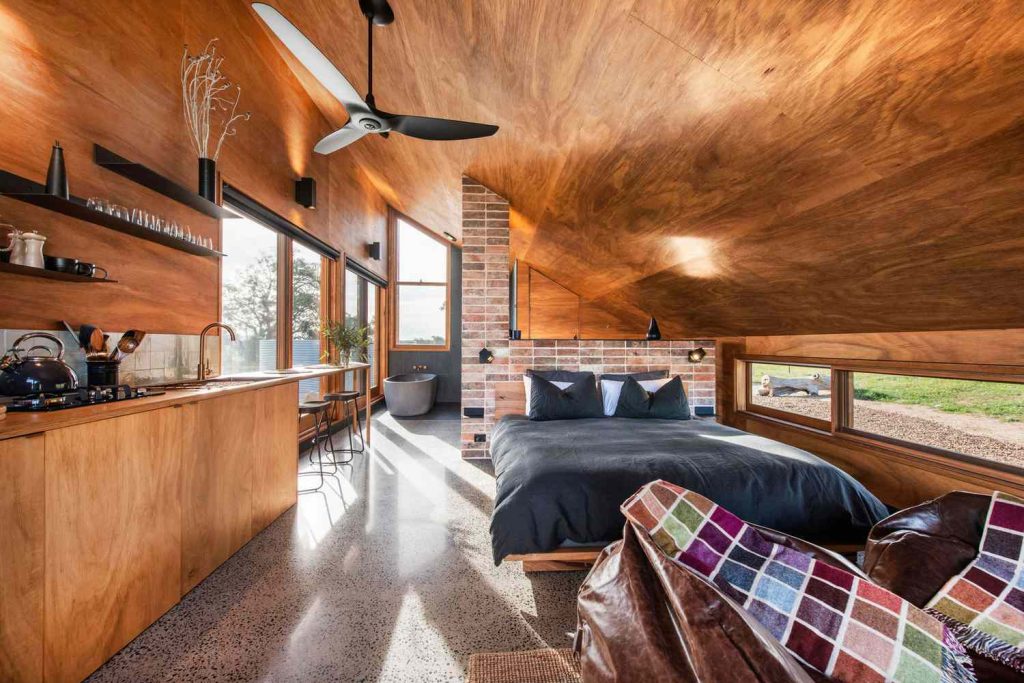Airbnb is a great business that is growing in various parts of the world. Hosting is a great experience, but it can also be daunting. As an Airbnb host, it’s best if you comply with legal laws to make your hosting journey a success. Here are some of the legal considerations you need to know.
Check the Rules Governing Short-Term Rentals
As an Airbnb host, knowing the rules governing short-term rentals in your area is an important tip that will always keep you on track with all of the rental rules. Local rules can differ greatly, and several communities have zoning ordinances that specifically prohibit short-term rentals.
Verify that you comply with all applicable laws by contacting the local government or homeowners’ organization. Complying with local norms is crucial to getting off to a good start since breaking them might result in fines or other legal repercussions.
Acquire the Required Licenses and Permits
It’s quite the norm for many Airbnb hosts to acquire licenses or permits to operate on a short-term rental basis. These permits mostly focus on safety inspections and other prerequisites to make sure that your property meets the set standards.
Acquiring an Airbnb license and permits keeps you in compliance with Airbnb rules and also provides guests with confidence in the safety and legitimacy of your property.
Understand the Tax Implications of Hosting on Airbnb
Hosting on Airbnb can have tax implications that vary depending on your location. In some areas, you may need to report your rental income and pay taxes on it. Make sure you know the local tax regulations and consult with a tax professional if necessary to ensure that you fulfill your tax obligations.
Keeping accurate records of your rental income and expenses will help you navigate tax season smoothly and may even result in deductions that can benefit you financially.
Ensure That Your Property Complies with Safety and Building Codes
Safety is an important aspect of hosting on Airbnb. There are safety building codes set by your local government to ensure the safety of everyone accessing the Airbnb building. Make sure that you familiarize yourself with such rules. These safety building codes might include installing fire extinguishers, smoke detectors, and other safety features required by your local government.
Regularly inspect and maintain these safety measures to provide a secure environment for your guests.
Obtain Insurance Coverage
While Airbnb offers a host guarantee and host protection insurance, it’s essential to review your existing insurance policies and consider additional coverage. Standard homeowners or renters’ insurance may not provide adequate protection for short-term rentals.
Look into specialized insurance options for short-term rentals or discuss your hosting activities with your insurance provider to ensure that you have appropriate coverage. Being adequately insured can offer peace of mind and financial protection in unforeseen circumstances.
Be a Good Neighbor
Being a good neighbor is an important part of a successful Airbnb business. A good host informs their neighbors about hosting an Airbnb business and always communicates and establishes clear guidelines for your guests to follow. This will help prevent any uprising disputes with neighbors and make your business a success.
Final Words
As an Airbnb host, understanding and complying with legal considerations is essential for a successful and sustainable hosting experience. Always stay informed, be proactive, and enjoy the journey of hosting with confidence and legal peace of mind.
